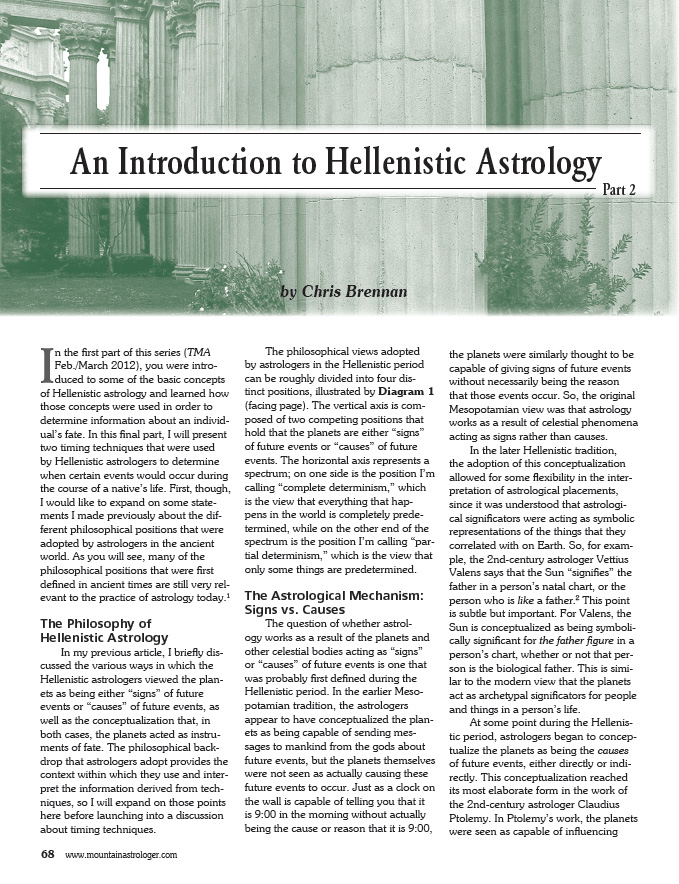

The 1st place is also relevant because it pertains to temperament, talents, and self-identification. It also pertains to status, recognition, achievement, and rank. The 10th place is sometimes called the house of actions.

it is in a right-side square to the place representative of the person themselves, like an authoritative influence). The 10th place of the chart is the one that pertains most to this reckoning. We will call the planets that signify actions the lords of actions. Rather, planets signifying actions will give indications as to skill people try to develop for their calling. I urge astrologers not to think in terms of there being only one true calling for each and every person. These planets will describe the nature of the calling. The technique pertains to identifying the planets that most pertain to actions. After years of exploring the technique, I find Paulus the most reliable. Medieval European authors, such as Bonatti, deviated even further. The differences are minor and are similar to the differences in the use of technique by the various Hellenistic astrologers and later Persian ones. I am more concerned with effectiveness than historical reproduction, so you will find some minor deviations from Paulus in my approach to actions. My emphasis lies on Paulus Alexandrinus as he is relatively early (4th century) and used the places. My own strategy for the delineation of actions follows Ptolemy, Paulus Alexandrinus, and Rhetorius in approach. The professional indicators indicate what we practice and thus what we become skilled at. As the professional indicators pertain to skill-development, but not always and necessarily to what one does to make a living, practice may be the better definition. One of the meanings of praxis is “practice”. The reckoning of the descriptions for varieties of praxis in Greek texts are what we’d call a profession or a calling. It is often translated as actions, though I’ve also seen it translated what one does (Greenbaum’s translation of Paulus). Anubio (1st or 2nd century CE), Ptolemy (2nd century CE), and Paulus Alexandrinus (4th century CE) all provided techniques for determining profession from the astrological chart. Special techniques for the delineation of one’s calling appear early in the Hellenistic tradition. They even had techniques to focus in on the planets most relevant to profession. Find Planets that are Generally ProminentĬlassical astrologers frequently explored the astrology of profession.Find Planets with Relevance to Actions (in order of importance).

Distinguishing the Types of Indications.Mars, Venus, or Mercury in the Effective Places.


 0 kommentar(er)
0 kommentar(er)
